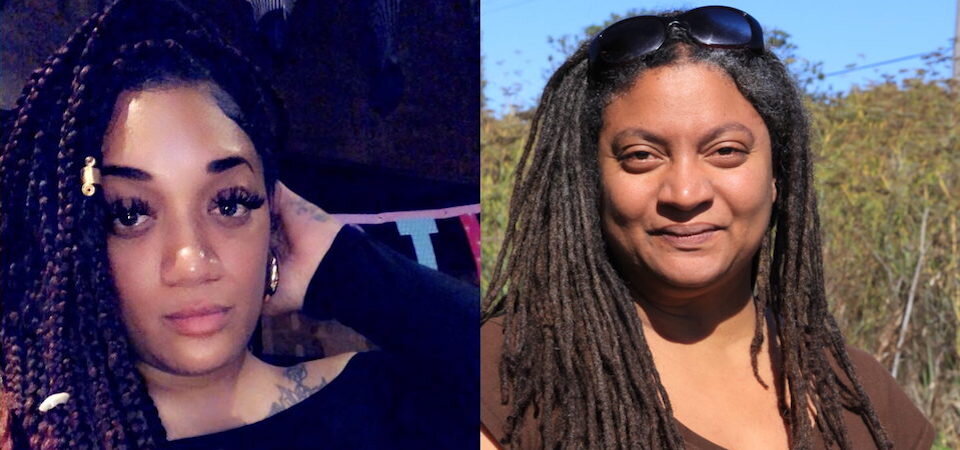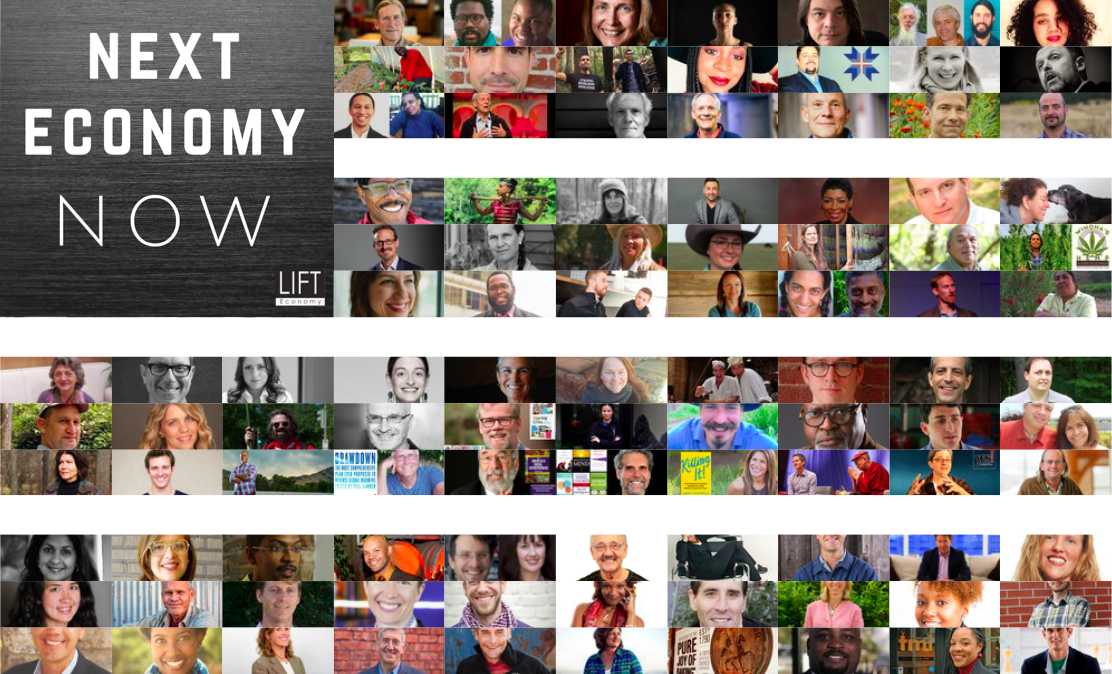Subscribe to Next Economy Now on Apple Podcasts, Spotify, Pandora, Google Podcasts, YouTube, or wherever you find podcasts.
David Holmgren is best known as the co-originator with Bill Mollison of the permaculture concept following the publication of Permaculture One in 1978. Since then he has developed three properties, consulted and supervised in urban and rural projects and presented lectures, workshops and courses at a wide variety of events and venues in Australia and around the world. His writings over those three decades span a diversity of subjects and issues but always illuminating another aspect of permaculture thinking.
At home (Melliodora in Hepburn, Central Victoria), David is the vegetable gardener, silviculturalist and builder. Within the international and growing permaculture movement, David is respected for his commitment to presenting permaculture ideas through practical projects and teaching by personal example, that a sustainable lifestyle is a realistic, attractive and powerful alternative to dependent consumerism.
As well as constant involvement in the practical side of permaculture, David is passionate about the philosophical and conceptual foundations for sustainability, the focus of his seminal book Permaculture: Principles and Pathways Beyond Sustainability. This book has been significant influences on the development of Transition Initiatives around the world. More recently his Future Scenarios work has seen him recognized as a significant thinker about the “Energy Descent future.” After a decade of significant international travel, David is no longer flying but continues to do some international presentations by Skype and pre-recorded video including receipt of the recent award by Italian environmental organisation.
Interview Highlights:
From the co-originator of the permaculture concept, David shares his definition of what permaculture is and what it is not
Discussion of David’s new book, RetroSuburbia: The Downshifter's Guide to a Resilient Future
An unpacking of many economic ideas based around what David Holmgren argues is the basic economic unit of society: the household.
—-
LIFT Economy Newsletter
Join 8,000+ subscribers and get our free 60-point business design checklist—plus monthly tips, advice, and resources to help you build the Next Economy: https://lifteconomy.com/newsletter
---
Next Economy MBA
This episode is brought to you by the Next Economy MBA.
What would a business education look like if it was completely redesigned for the benefit of all life? This is why the team at LIFT Economy created the Next Economy MBA (https://lifteconomy.com/mba).
The Next Economy MBA is a nine month online course for folks who want to learn key business fundamentals (e.g., vision, culture, strategy, and operations) from an equitable, inclusive, and regenerative perspective.
Join the growing network of 350+ alumni who have been exposed to new solutions, learned essential business skills, and joined a lifelong peer group that is catalyzing a global shift towards an economy that works for all life.
Learn more at https://lifteconomy.com/mba.
---
Show Notes + Other Links
For detailed show notes and interviews with past guests, please visit https://lifteconomy.com/podcast.
If you enjoy the podcast, would you please consider leaving a short review on Apple Podcasts/iTunes? It really helps expose these ideas to new listeners: https://bit.ly/nexteconomynow
Twitter: https://twitter.com/LIFTEconomy
Instagram: https://instagram.com/lifteconomy/
Facebook: https://facebook.com/LIFTEconomy/
YouTube: https://youtube.com/c/Lifteconomy
Music by Chris Zabriskie: https://chriszabriskie.com/

















